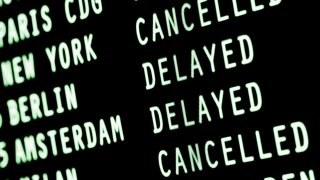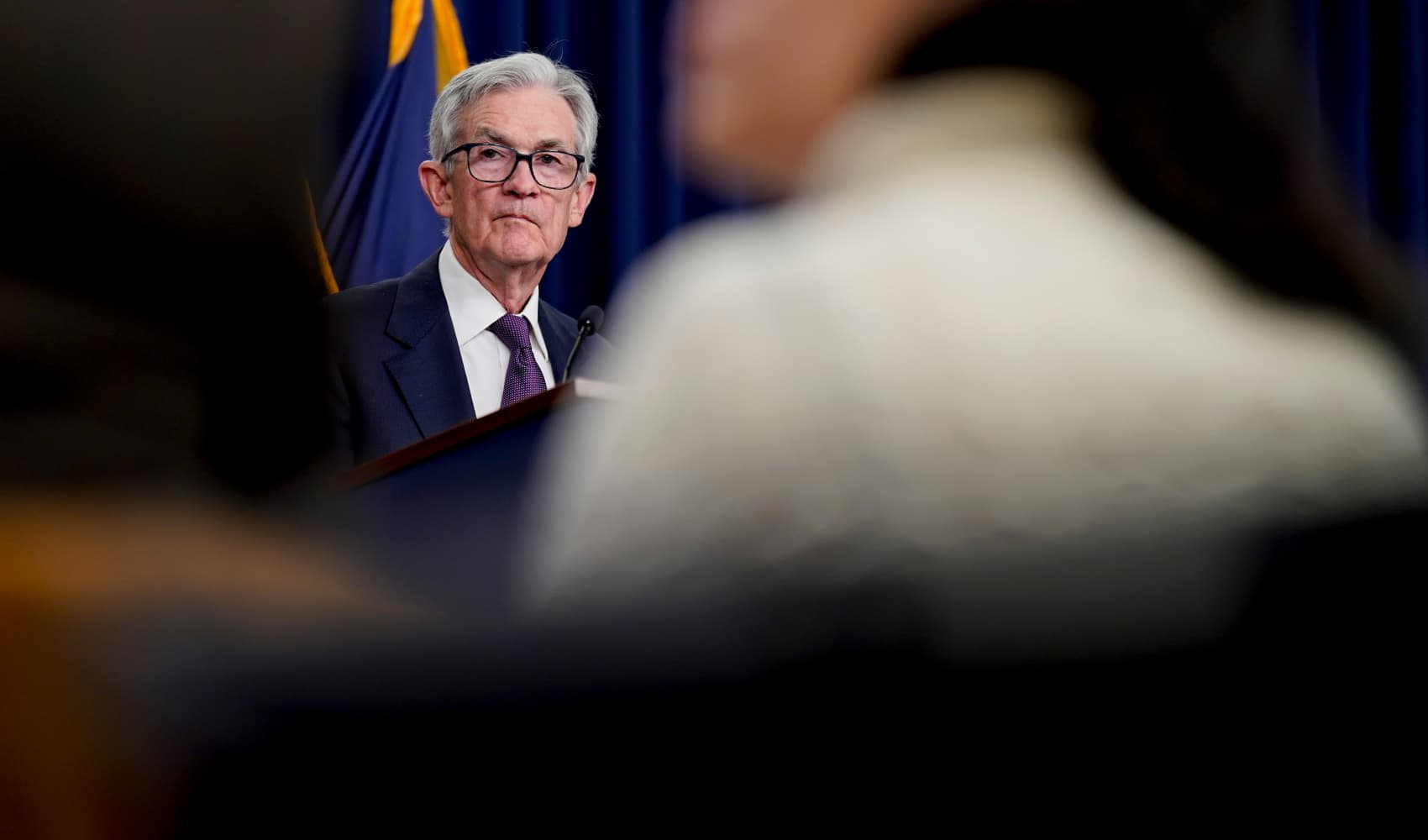
- The Biden administration announced new rules to require airlines to be more transparent about extra fees and to issue cash refunds automatically in certain cases.
- The provisions will be implemented on separate timelines ranging from six months to two years.
- Biden has made the crackdown on so-called corporate junk fees a centerpiece of his economic program to protect consumers.
The Biden administration on Wednesday unveiled two new rules that will directly affect millions of Americans who fly commercially every year. The first rule requires airlines to be more transparent about extra fees, and the second to issue cash refunds automatically, rather than in response to customer requests.
The various provisions of the new rules, issued by the Department of Transportation, will be implemented on different timelines ranging from six months to two years.
"Passengers deserve to get their money back when an airline owes them — without headaches or haggling," Transportation Secretary Pete Buttigieg said in a press release on the new refund rule.
Get Tri-state area news delivered to your inbox.> Sign up for NBC New York's News Headlines newsletter.
The rule mandates that airlines automatically give passengers their full money back in several cases: when flights are canceled or significantly changed, when baggage return is delayed significantly, or when customers do not receive in-flight amenities they paid for like Wi-Fi.
Speaking at the Ronald Reagan Washington National Airport on Wednesday, Buttigieg said the DOT's consumer protection team has imposed "multimillion-dollar penalties" on airlines in the past when passengers do not receive refunds they are owed.
The other rule aims to eliminate so-called "surprise junk fees."
Money Report
"Airlines should compete with one another to secure passengers' business — not to see who can charge the most in surprise fees," Buttigieg said in another release announcing the second rule.
It will require that airlines list and explain all extra fees "clearly, conspicuously, and accurately" on their web platforms or when they provide fare prices offline.
This junk fee transparency rule also includes a provision to eliminate "discount bait-and-switch tactics," which the Biden administration in the release defined as the practice of offering discounts that may appear to apply to the whole flight price but in reality apply only to a portion of the ticket cost.
The Wednesday announcements from the White House come after several airline incidents involving Boeing plane malfunctions that have spurred regulatory probes and forced major carriers like Southwest, Alaska Airlines and United to reevaluate their business expectations.
"To be clear, we want the airline sector to thrive," Buttigieg said at the Reagan airport. "It's why we're being so rigorous on passenger protection. This will build confidence in air travel at a time when airlines need to do more to secure passengers' trust."
Buttigieg on April 16 said that the White House would partner with state attorneys general to accelerate the response to customer complaints against airline and ticket agencies. Technically, only the federal government has the power to enforce passenger protections even though state attorneys receive many reports of customer grievances.
Along with the two new rules announced Wednesday, the White House is proposing rules banning extra seating fees for parents trying to sit next to their children. The White House is also seeking to make certain amenities mandatory and to expand accommodations for passengers who use wheelchairs.
The new airline rules are the latest action in President Joe Biden's broader battle against what the White House calls "corporate rip-offs."
"There are tens of billions of dollars in other junk fees across the economy, and I've directed my administration to reduce or eliminate them," Biden said in October 2022.
That directive has turned into a multifront crackdown on hidden fees from different government agencies targeting various sectors including banking, cable and financial products like retirement savings accounts.






